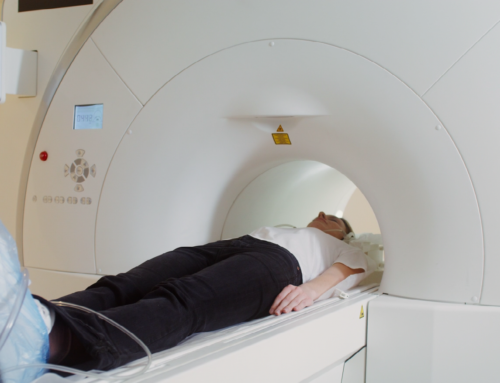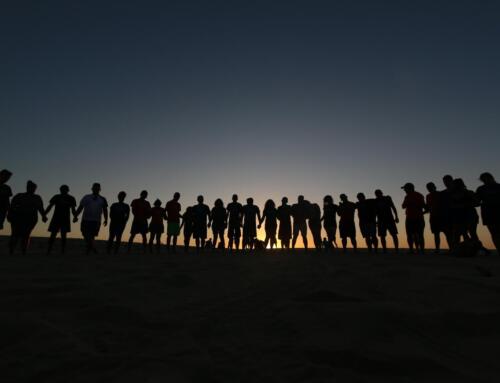
Traveling by plane can be exciting and offers a quick way to cover vast distances. For some residents in Colorado, flying is second nature, regardless of the journey’s length. However, others may find the idea daunting, especially those with less flying experience. While air travel is largely safe, recent news highlights that risks exist, not just from pilot error or airline negligence but also due to potential issues with the aircraft itself.
Recent developments surrounding the Boeing 737 MAX have brought attention to these risks. Boeing has disclosed that approximately 50 undelivered 737 MAX airplanes require additional work due to a quality glitch identified by a supplier, potentially delaying near-term deliveries. This issue is a part of a series of challenges the 737 MAX line has faced, including improperly drilled holes on the aft pressure bulkhead identified in collaboration with supplier Spirit AeroSystems.
Given the complexity and rigorous safety standards required in aviation, the recent Boeing 737 MAX issues highlight an essential aspect of air travel: the reliance on manufacturers to deliver faultless components that ensure the safety and reliability of aircraft. These challenges not only spotlight the intricate network of suppliers and manufacturers involved in airplane construction but also raise questions about the accountability and oversight necessary to maintain the high safety standards passengers trust.
The Boeing 737 MAX’s recent difficulties reveal the potential for mechanical problems or component malfunctions during flight. Such situations can lead to serious questions about liability when they contribute to or cause aviation accidents and injuries. In light of such incidents, the legal concept of strict liability becomes pertinent. Under traditional legal principles, when someone is injured and seeks to hold another party responsible, they often have to prove negligence. Proving negligence is not needed with strict liability. This principle allows for manufacturers, such as Boeing to be held accountable for defects, focusing on the safety of a product regardless of if they were negligent or not. In the aviation industry, where the stakes are particularly high, manufacturers must adhere to the highest standards of design and manufacture to mitigate foreseeable risks.
How Does Strict Liability Work in Colorado?
For a victim of an aviation incident to pursue a claim under strict liability in Colorado, it’s not necessary to prove that the manufacturer was negligent. Instead, the focus is on the product itself: Was it defective? Did the defect cause harm? Was the product used as intended or in a foreseeable way?
Here’s what you need to know:
- Manufacturers’ Responsibility: If a company produces a part of an airplane and that part is found to be defective, causing injury, the manufacturer can be held liable.
- Product Sale and Use: The product must have been sold by the manufacturer and used in a way that was intended or foreseeable.
- Defective and Dangerous: The product was defective, making it unreasonably dangerous.
- Causation: There must be a direct link between the defect in the product and the injury or damage experienced by the plaintiff.
Why It Matters
Strict liability is designed to ensure that manufacturers prioritize safety in their products. For travelers, this means that if you are ever harmed by a defective product, such as an aircraft component during a flight, there’s a legal framework in place to seek redress. This not only helps victims recover from their injuries but also motivates manufacturers to uphold high safety standards, benefiting everyone who relies on these products.
Navigating the Aftermath of an Accident
If you find yourself in the unfortunate situation of being affected by a defective product, understanding the basics of strict liability can help you take the first steps toward seeking compensation. Remember, it’s about the safety of the product and the harm it caused, not about proving someone’s fault.
In the wake of recent news highlighting issues with aircraft like the Boeing 737, it’s more important than ever for travelers to be aware of their rights under the law. While air travel remains one of the safest modes of transportation, knowing how to navigate the legal landscape if something goes wrong can provide peace of mind.
This simplified overview is meant to demystify the concept of strict liability for non-lawyers and underscore the protections in place for consumers in Colorado. If you or someone you know has been affected by a defective product, consider consulting with a legal expert to explore your options under Colorado’s strict liability laws.

Ready for a Free Consultation?
We’re here to help. Your serious injuries deserve legal representation by a talented and aggressive legal team that works for you to recover the maximum amount possible for you. Reach out to us today!







Leave A Comment